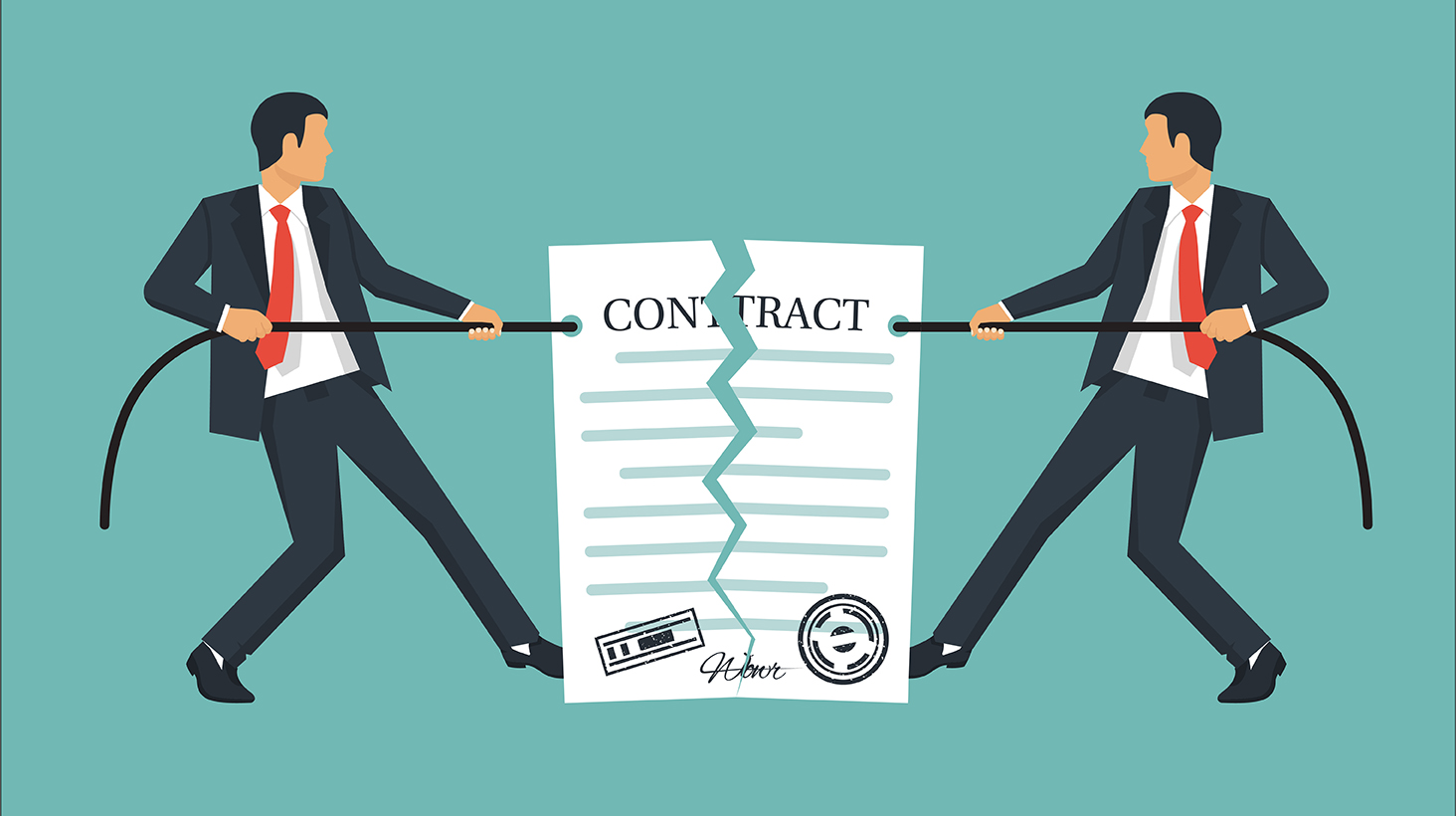In real estate and construction, contracts are essential for defining expectations, responsibilities, and protections for all parties involved. A breach of contract occurs when one party fails to fulfill their contractual obligations, which can lead to delays, financial losses, and strained relationships. If you’re facing a breach of contract, understanding your legal rights and options is crucial to securing a fair resolution and protecting your interests.
Common Types of Contract Breaches
- Failure to Perform: When one party doesn’t deliver the agreed-upon work, services, or payments as outlined in the contract.
- Substandard Work: If the quality of work doesn’t meet the standards specified in the contract, it may be considered a breach, especially if it affects the property’s value or usability.
- Delays in Performance: Construction and real estate projects often run on tight timelines. Unjustified delays can disrupt project schedules and lead to financial losses, potentially breaching contractual obligations.
- Failure to Pay: In cases where a party does not make payments as agreed, it can put the entire project or transaction at risk.
Our Approach to Breach of Contract Cases
Our legal team specializes in handling breach of contract cases with precision and dedication. We start by thoroughly reviewing the contract in question and analyzing the terms and conditions to determine the scope and impact of the breach. From there, we work closely with you to identify the best course of action—whether it involves negotiations, mediation, or litigation.
How We Help Resolve Contract Disputes
- Negotiation and Mediation: Often, disputes can be resolved outside of court through negotiation or mediation, where both parties work together to reach a fair solution. We facilitate these discussions, helping you secure a resolution that aligns with your goals.
- Litigation Support: If negotiation fails, our attorneys are prepared to represent your interests in court. We’ll build a strong case, presenting evidence of the breach and its impact to seek compensation or specific performance as needed.
- Protecting Your Interests: Contracts are designed to protect both parties, and we work to ensure that your rights are fully upheld. From recovering losses to seeking damages, we’re committed to helping you achieve a fair outcome.
Why Choose Us for Breach of Contract Cases?
A breach of contract can have lasting effects on your project or property. With experience in real estate and construction law, our team understands the complexities of these disputes and is here to provide reliable guidance every step of the way. We believe in clear communication, strategic planning, and a commitment to results, so you can trust us to handle your case with care and expertise.
Contact us today to learn more about how we can help resolve your contract dispute and protect your interests.
Consequences of a Breach of Contract
The impact of a breach can vary, but common consequences include:
- Financial Losses: Costs for delays, repairs, or finding alternative contractors.
- Project Delays: Missed deadlines can disrupt entire projects, especially in real estate and construction.
- Legal Disputes: Unresolved breaches often lead to litigation, which can be time-consuming and expensive.
- Reputation Damage: Breaches can harm professional relationships and trust between parties.
Remedies for Breach of Contract
Depending on the situation, you may be entitled to several remedies:
- Monetary Damages:
- Compensation for financial losses caused by the breach.
- Examples: Repair costs, lost profits, or additional expenses incurred due to delays.
- Specific Performance:
- A court order requiring the breaching party to fulfill their contractual obligations.
- Examples: Forcing a contractor to complete unfinished work.
- Contract Rescission:
- Cancelling the contract and restoring both parties to their pre-contract positions.
- Examples: A property seller refunding the buyer if the sale is cancelled due to breach.
- Liquidated Damages:
- Predetermined damages outlined in the contract, often for delays or non-performance.
- Examples: A penalty fee for each day a project exceeds its deadline.
Real-Life Success Stories
- Case Study 1: Resolving a Payment Dispute
A property developer faced a contractor who refused to pay subcontractors as agreed. We negotiated a settlement that ensured all parties were compensated, keeping the project on track. - Case Study 2: Addressing Substandard Work
A homeowner discovered poor-quality finishes in a new build. Through mediation, we secured a resolution where the builder repaired all defects without additional cost. - Case Study 3: Enforcing Specific Performance
A real estate buyer faced a seller who backed out of the agreement. We successfully obtained a court order compelling the seller to complete the transaction.
Frequently Asked Questions About Breach of Contract
Q: What should I do if I suspect a breach of contract?
Gather all relevant documents, such as the contract, correspondence, and evidence of the breach. Contact an attorney to evaluate your case and explore your options.
Q: How long do I have to take legal action?
The timeframe depends on your state’s statute of limitations, typically ranging from 2 to 6 years. It’s best to act quickly to protect your rights.
Q: Can all breaches be resolved without going to court?
Many disputes can be settled through negotiation or mediation, but some cases may require litigation to achieve a fair outcome.




